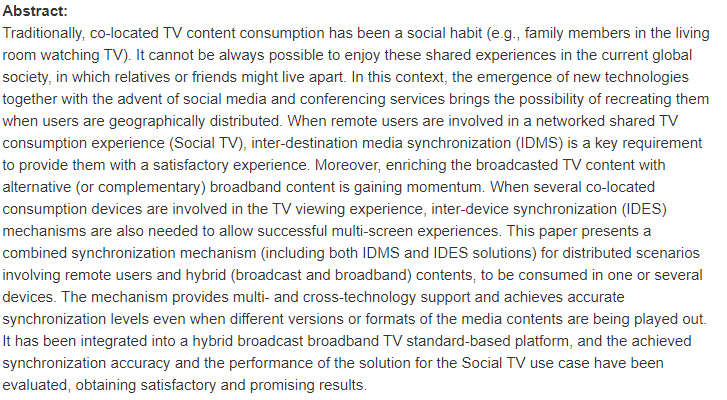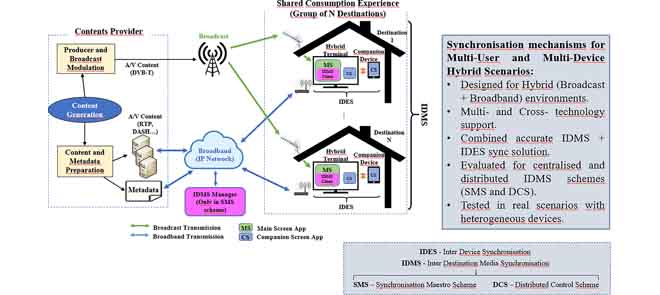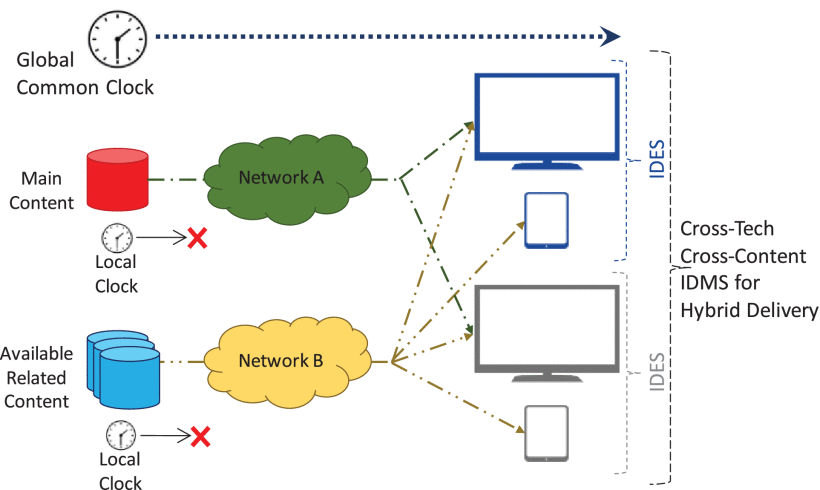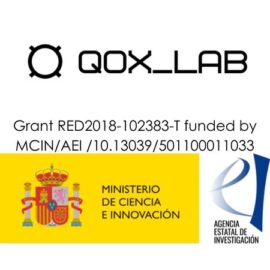Techniques used to evaluate the performance of services and applications provided through telecommunication networks constitute a timely, active, and highly relevant line of research in the present context of intelligent networks.
Three critical approaches are the cognitive allocation of resources, an automatic network operation, and the consequent intelligent service provisioning.
And those three are being studied at three different levels: communication technologies (subnetwork access), cloud operation, and the development of new applications/services.
In this context, the shortcomings of a classic QoS-based performance evaluation are evident.
Thus, other paradigms are emerging in which “what is measured” is the quality of X, where X is…
…the users’ experience when consuming the service (QoE),
…the value of the captured data (QoD),
…the value of the information, processed data, to make decisions (QoI),
…and so on.
In short, a performance evaluation from a much broader perspective that takes into account not only people as consumers of services but also machines or things.
In turn, this leads to fundamental challenges: definitions, metrics, measurement models, predictive models based on machine learning, standardization, etc.
QoX Lab is a collaboration framework to advance the development of novel methodologies for performance evaluation and QoX in telematics networks and services. The Spanish Thematic Network EVEREST (supported by the AEI project grant RED2018-102383-T) is our first effort to promote coordinated joint activities, encourage collaboration against atomization, and strategically position QoX as the groundwork to make technology work for people.























